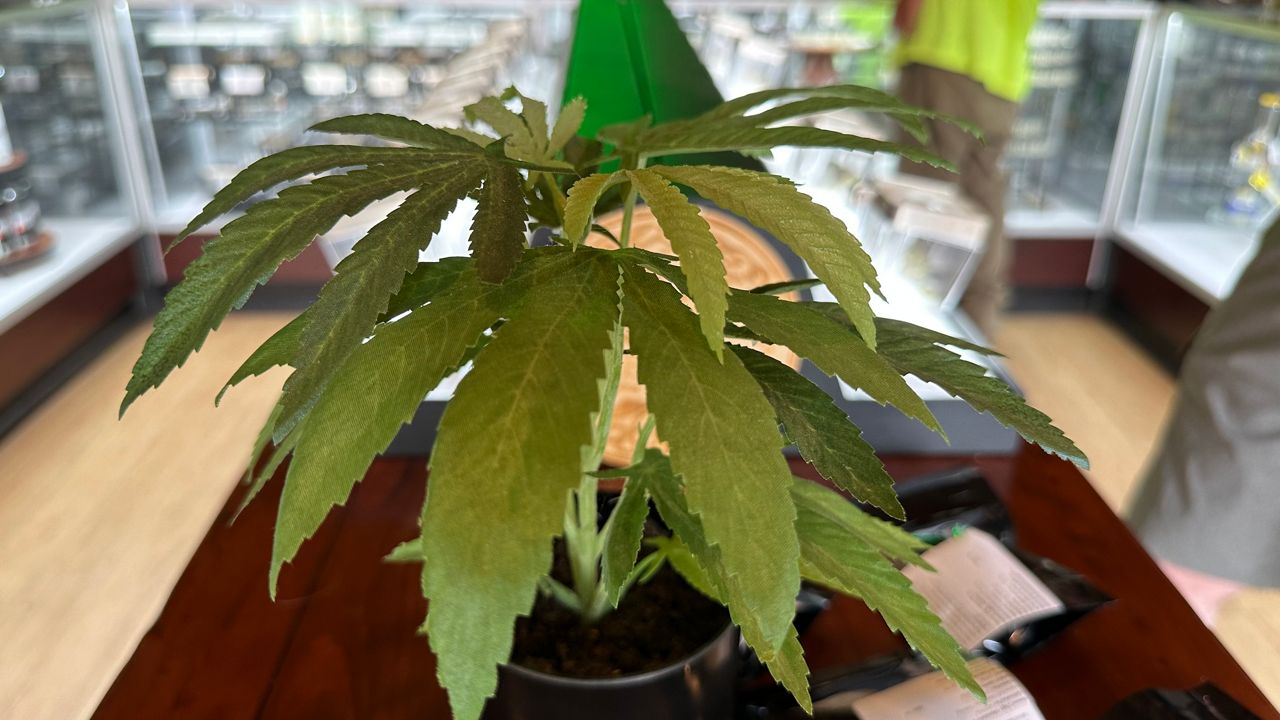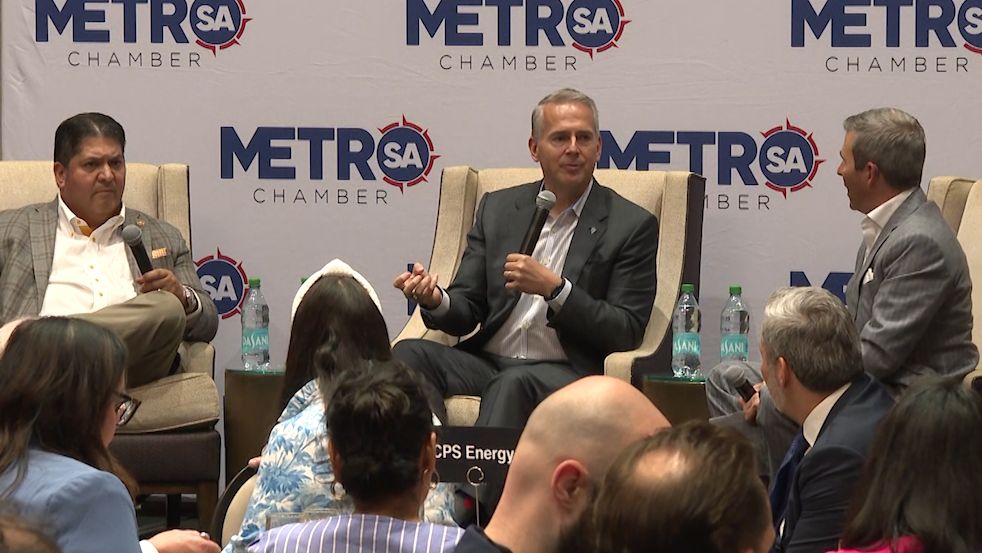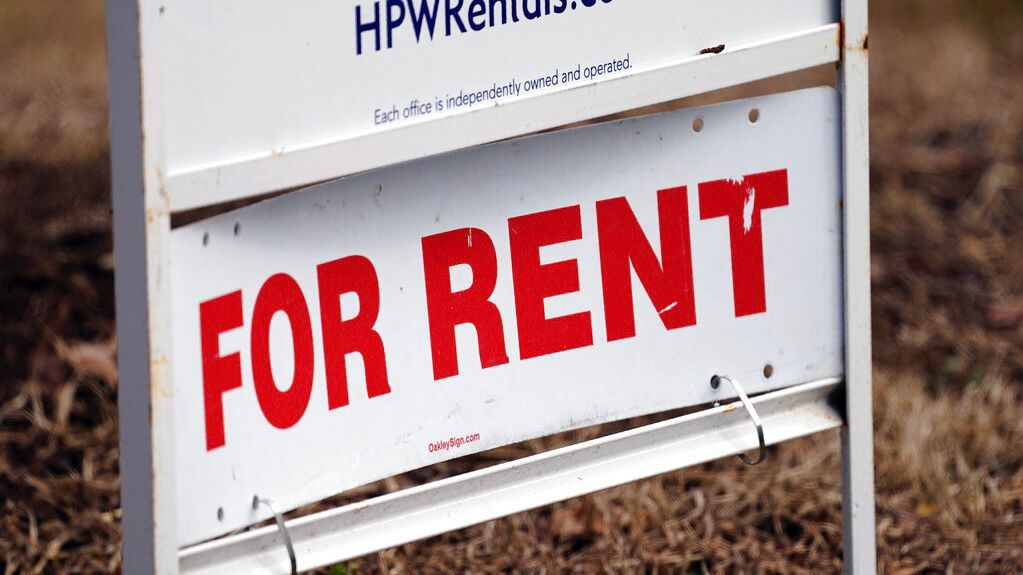FORT WORTH, Texas — More moms in America are saying their mental health is in worse shape than some did nearly a decade ago.
Data from the National Survey of Children’s Health showed in 2016, 1 in 20 mothers reported their mental health was poor or fair.
In 2023, it increased to 1 in 12.
Shelby Tolar knows the statistics personally, and she hosted postpartum workshops for new parents at the LaunchBox in Fort Worth last week.
“I took every vulnerable thing that I went through as a new mom, and I threw it on stage because I just wanted people to feel that they weren’t alone,” said Tolar.
It’s a feeling the mom of two knows all too well.
Tolar is the CEO and founder of Love to Mama, a business she created following her postpartum journey with her girls.
“There was a lot of shame with that. I’m not gonna lie. I wasn’t ‘Love to Mama’ at this time. I was just a brand-new mom feeling horrible about what I was feeling and what I was thinking. So, I didn’t share that with a lot of people. There’s things that I didn’t tell my husband,” said Tolar.
More moms and dads are sharing their struggles as well.
Nearly 200,000 mothers participated in the National Survey of Children’s Health in 2016 and 2023.
The survey shows a snapshot in time for mothers that self-reported their mental health. From the 2016 to the 2023 survey, there was an increase in moms who felt their mental health was poor or fair.
“You know I’m not even sure it’s an increase in the postpartum depression itself, but certainly the awareness,” said Melissa Bentley, the program manager for Postpartum Support International (PSI).
PSI is an organization created nearly 40 years ago focused on perinatal mental health conditions and disorders.
“Two weeks ago, I was using um WhatsApp and chatting with a mom in Kazakhstan,” said Bentley.
She created the Texas chapter in 2018.
PSI launched an app last year helping moms find resources and connect to help.
“We certainly have had increased usage over the past several months,” said Bentley.
Along with running her business, Tolar is also a birth educator.
She said she has noticed a cry for help from some of the expecting parents who come to her class.
“Probably at least one in every class if not more reaching out asking for mental health support. And I’m honored for one. That’s a really really hard thing to admit,” said Tolar.
She got the mental health help and so did her husband.
After three years combined of them doing the hard work in therapy, they now help other moms and dads feel the love and know they’re not alone.











